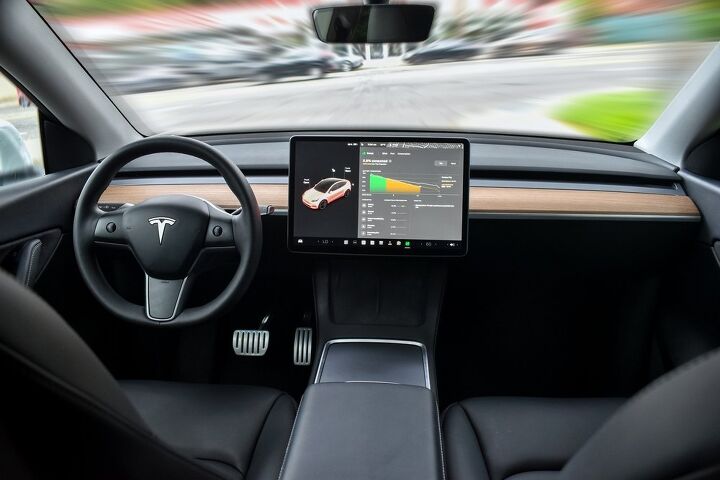How the World Views Autonomous Vehicles
In a recent global survey conducted by Maison Law, a personal injury law firm based in Fresno, California, the levels of trust and comfort with autonomous vehicles were explored across different countries. The survey aimed to understand the global perceptions and readiness for sharing roads with these technologically advanced vehicles.
Varied Trust Levels Across Countries
The study revealed a diverse range of trust levels among the populations of various countries. Notably, individuals from China, Russia, and the United Arab Emirates (UAE) exhibited the highest trust in autonomous vehicles. The survey showed that more than 80 percent of respondents from these countries are comfortable with the idea of sharing the roads with autonomous vehicles.
Conversely, the United States, Japan, and South Korea demonstrated lower levels of trust. In these countries, approximately half of the survey participants expressed discomfort with the presence of autonomous vehicles on the roads.
Country-Specific Findings
- United Arab Emirates – 88 percent
- United States – 57 percent
- Germany – 71 percent
- United Kingdom – 74 percent
- Israel – 66 percent
- China – 94 percent
- Canada – 60 percent
- Australia – 63 percent
- Japan – 52 percent
- Russia – 89 percent
- South Korea – 52 percent
Implications and Future Directions
The survey's findings suggest a broad spectrum of public trust in autonomous vehicles, influenced by geographical and possibly cultural factors. These variations indicate the need for tailored approaches in the introduction and integration of autonomous vehicles within different societies.
Understanding these perceptions is crucial for policymakers, automotive manufacturers, and technology companies as they navigate the complexities of introducing autonomous technologies to the public. Building trust through transparency, safety assurances, and public education will be key to fostering a harmonious coexistence between autonomous vehicles and human drivers.
This article was co-written using AI and was then heavily edited and optimized by our editorial team.
More by TTAC Staff
Latest Car Reviews
Read moreLatest Product Reviews
Read moreRecent Comments
- Kosmo I, for one, and maybe only one, would buy a 5.0 L, stickshift variant of the sedan/hatchback that is Ford's "Not A Mustang EV" tomorrow.I'd buy the sportwagon version yesterday.
- Akear I am counting the days when Barra retires. She has been one long nightmare for GM. People don't realize the Malibu outsells all GM EVs combined.
- Redapple2 you say; most car reviewers would place it behind the segment stalwarts from Honda and Toyota,........................... ME: Always so. Every single day since the Accord / Camry introduction.
- Akear GM sells only 3000 Hummer EVs annually. It is probably the worst selling vehicle in GM history.
- Amwhalbi I agree, Ajla. This is theory, not reality - hence my comment that Americans don't like hatchbacks. But one of my neighbors bought one of the last Regal hatchbacks that were available for sae, and it is a darn nice car. I still think the idea makes sense, even if history is proving me wrong. And my sister does have a Legacy, which rides a bit higher than my Sonata, and that also is an excellent driver. Even if the general public doesn't concur with me.


































Comments
Join the conversation